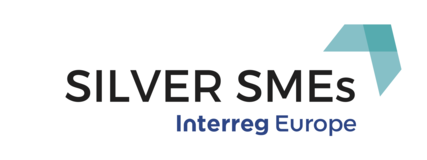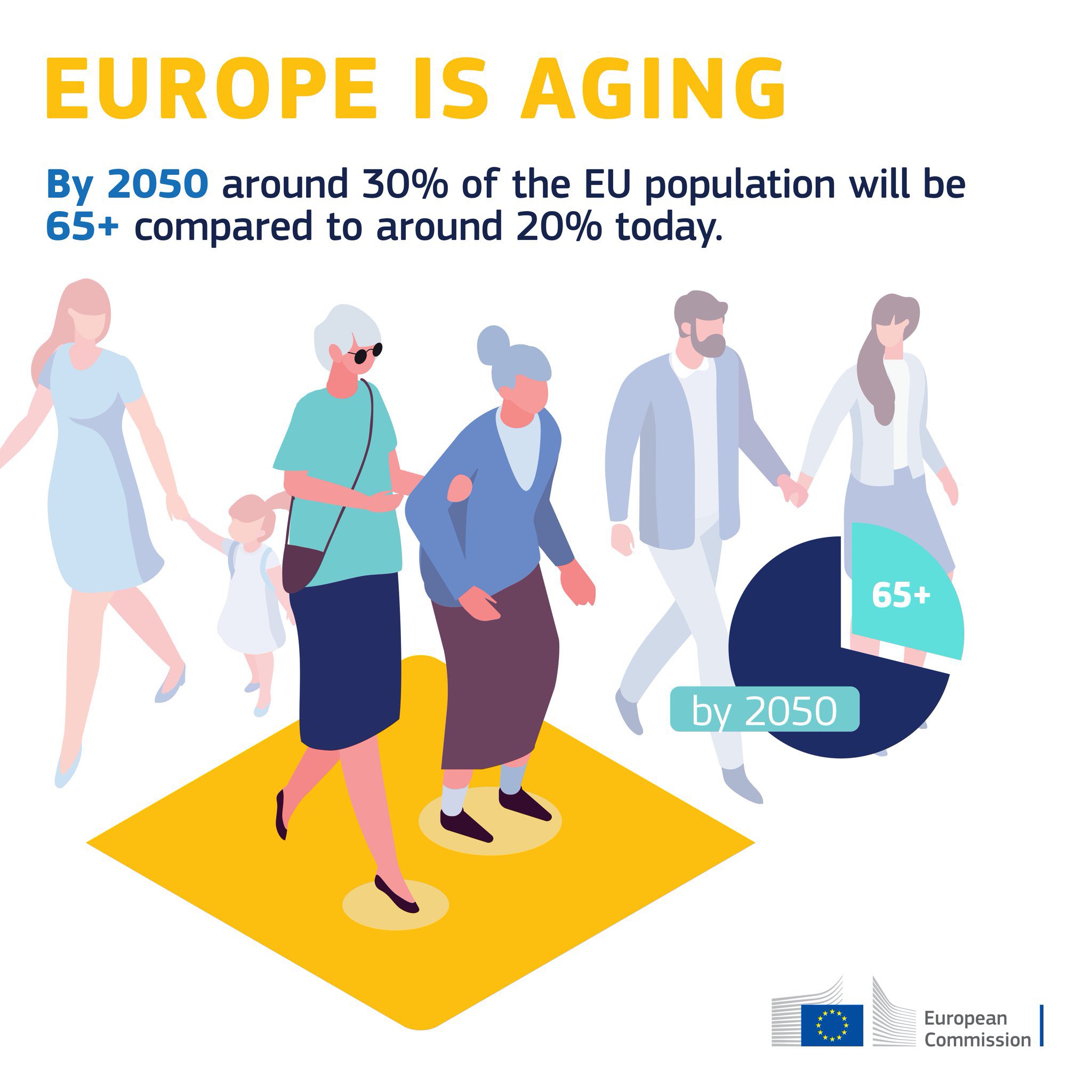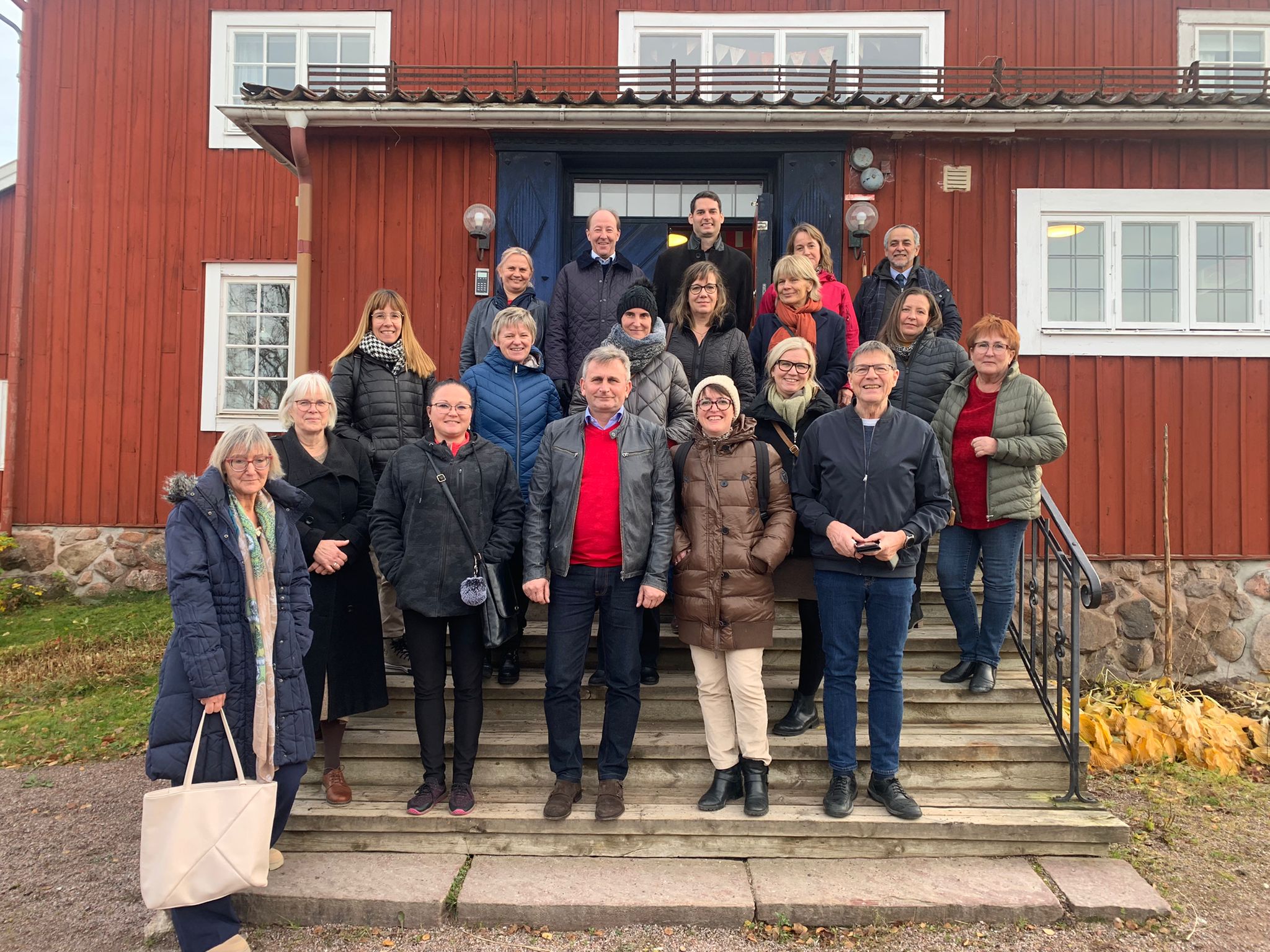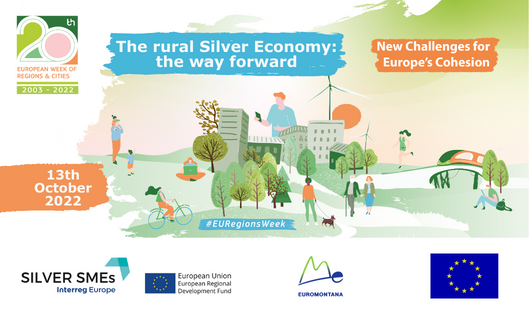On May 14, 2019, the Region Dalarna, in Sweden, arranged the second regional stakeholder group meeting of the project. Participants from The Dalarna University College, the Dalarna Science Park, the Swedish Agency for economic and regional growth, Sätergläntan Intstitute for Crafts and Region Dalarna attended to the meeting to exchange views on the Silver economy.
The chairman of the of Region Dalarna Regional Development Committee, Ms Birgitta Sacrédeus welcomed participants with a keynote address on the importance of the Silver economy as a tool to meet the demographic changes. She provided a state of play of the opinion on “Active and Healthy Ageing”, for which she is rapporteur at the European Committee of the Regions. The opinion, which is expected to be adopted in October 2019, mentions the Silver economy as an important opportunity for European older adults.
As the project was presented to local and regional stakeholders, Ms Katarina Johansson, Development Officer of Region Dalarna, had the opportunity to introduce the Smarter Homes initiative, which had been identified as a good practice within the project. With the support of the Region of Dalarna, this show flat benefits at the same time SMEs of the Silver economy, by helping them in commercialising their products, and Swedish older adults who can visit the place and discover innovative goods. For more good practices examples, visit the SILVER SMEs project’s good practices database.
Mr Peter Möller, social analyst of Region Dalarna introduced the present and future demographic structure of the region: the birth rate is declining, and people live longer. Swedish municipalities and regions' economies are deteriorating, and one reason is the demographics. By looking at demographic’s facts and at the SWOT analysis that has been produced within the project, Peter Möller formulated some observations:
- There is an interest in the Silver economy and the SILVER SMEs project,
- The perspective of the ageing population needs to be wider, as not only health care is concerned,
- There is only a small policy activity in Sweden focusing on the potential of the Silver economy for the business sector,
- Region Dalarna can contribute by analyzing living conditions of older adults, examining regional organizations’ needs on the topic and making an inventory of education needs; however, analyzing business and policy conditions of SMEs of the Silver Economy sector seems to be a more difficult task.
Observations from participants were rich and diverse. Comments for instance spotted a good research activity on ageing in the region of Dalarna, a knowledge which can contribute to the SILVER SMEs project. Moreover, many observations pointed barriers and opportunities from the users’ side. The opposition to technical or digital support for instance seems not to come mainly from older adults but from their relatives or from homecare’s staff. This is an importance factor to take into account as in many countries, such as Belgium or France, children are taking care of their ageing parents. Finally, regarding services offered by the Silver economy, stakeholders stressed out the need of older adults to be able to pay in cash as well as the need to benefit from products that are adapted to their needs but not necessarily developed only for a senior targeted group – in the same way that accessibility is designed for all in the society.
For more information on the outcomes of the first stakeholders meeting in Dalarna, please read this article.
Follow us on Facebook, Twitter and LinkedIn and subscribe to our newsletter to be updated on SILVER SMEs’ activities!











